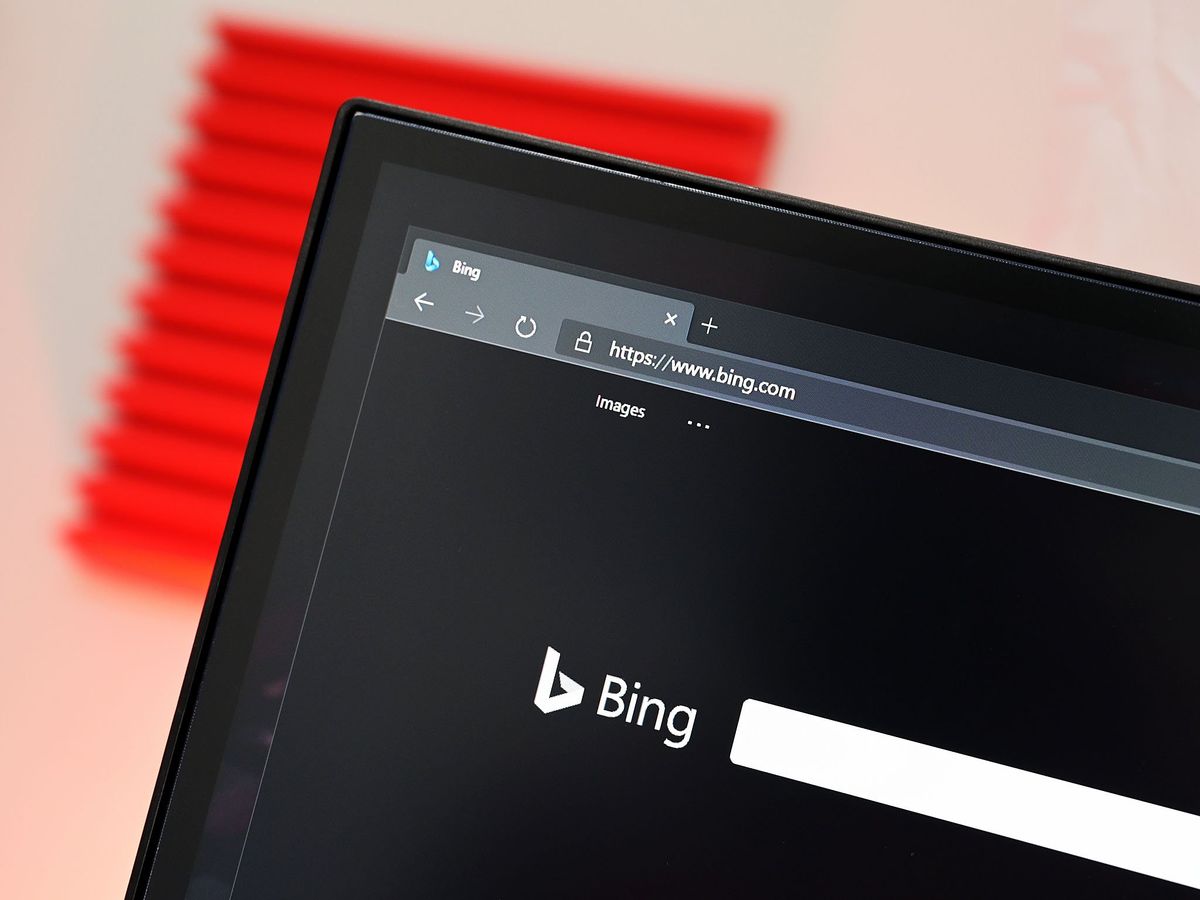Microsoft Bing accused of censoring searches for Chinese politicians, pornstars, and people named 'Dick'
Bing allegedly censors autofill suggestions when people search for Chinese politicians.

What you need to know
- Analysis by The Citizen Lab suggests that Microsoft's Bing censors searches by not suggesting the automatic completion of some terms.
- The report found that "Bing censors politically sensitive Chinese names" and that the censorship occurs in China, the United States, Canada, and other regions.
- The Citizen Lab reports that its figures eliminate the chance of the alleged censorship being random.
Microsoft reportedly censors autofill suggestions for queries about Chinese politicians, according to a report by The Citizen Lab. An expansive statistical breakdown illustrates that Microsoft seemingly fails to suggest certain searches based on politics. The report claims that the methodology used to obtain figures eliminates the chance of the alleged censorship being random.
The reported censorship centers around if Bing shows suggested searches after someone has started typing. For example, if you started typing "Surface," Bing would suggest queries such as "Surface Pro" and "Surface Laptop 4."
According to The Citizen Lab, Bing does not suggest several Chinese politicians and topics that may be deemed controversial by the Chinese government.
The report does not analyze search results but rather focuses on what words or phrases Bing will autofill suggestions for.
The Citizen Lab breaks down its methodology in great detail in its report. Below is one of the charts used to illustrate the alleged censorship by Bing. The Citizen Lab chose names filtered into categories to see which ones Bing censored.
| Category | Non-censored | Censored |
| Chinese political | 11 | 30 |
| Entertainment | 69 | 1 |
| Eroticism | 5 | 0 |
| Historical figure | 12 | 0 |
| International politician | 3 | 1 |
| Public figure | 20 | 0 |
| Total | 120 | 32 |
"For instance, among the censored names, 93.8 percent are Chinese political, whereas among the non-censored, only 9.2 percent are in that category," said the report. "Since we chose the non-censored names at random, if Bing were also choosing names to censor at random, we would expect these proportions to be the same."
Names can be censored for a variety of reasons. The Citizen Lab explained that Bing will often not show autosuggestions for names connected to eroticism or pornography. Other types of names can also be censored, such as people who share a similar name to a celebrity. Curse words can also cause Bing to not show autofill suggestions.
Get the Windows Central Newsletter
All the latest news, reviews, and guides for Windows and Xbox diehards.
The report claims, however, that the lack of autofill suggestions when entering political or controversial text is not caused by the causes mentioned above.
"Across the three regions we tested (i.e., mainland China, the United States, and Canada), we observed overwhelming censorship of Chinese character names relating to Chinese politics," explained the report under the "Content analysis" section.
"These names predominantly pertain to names of top-level Chinese government leaders and party figures, including incumbent leaders (e.g., 习近平, “Xi Jinping”), retired officials (e.g., 温家宝, “Wen Jiabao”, a former Chinese Premier), historical figures (e.g., 李大钊, “Li Dazhao,” a co-founder of the Chinese Communist Party), and party leaders involved in political scandals or power struggle (e.g., 周永康, “Zhou Yongkang,” a former Party leader)."
The researchers found that Bing failed to show autofill suggestions for several politicians if the names were written in Chinese characters. In contrast, the most commonly censored names in English letters were those of pornstars.
Comedically, Dick Van Dyke was the sixth-most censored name in the U.S. English local, presumably due to Bing censoring suggestions following the word "dick."
It's important to note that the lack of autofill suggestions appears to occur in several regions, such as the U.S. and Canada, not just in mainland China.
The report concluded that such alleged censorship cannot be contained to a single locale.
"The findings in this report again demonstrate that an Internet platform cannot facilitate free speech for one demographic of its users while applying extensive political censorship against another demographic of its users."
In 2021, Microsoft infamously blocked searches for "tank man," which is the nickname for the Tiananmen Square protestor. The company claimed that the block was due to "accidental human error."

Sean Endicott is a tech journalist at Windows Central, specializing in Windows, Microsoft software, AI, and PCs. He's covered major launches, from Windows 10 and 11 to the rise of AI tools like ChatGPT. Sean's journey began with the Lumia 740, leading to strong ties with app developers. Outside writing, he coaches American football, utilizing Microsoft services to manage his team. He studied broadcast journalism at Nottingham Trent University and is active on X @SeanEndicott_ and Threads @sean_endicott_.